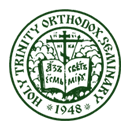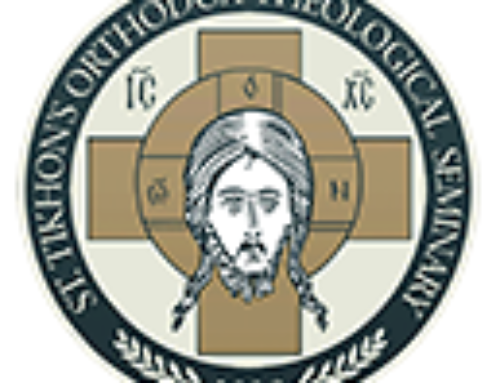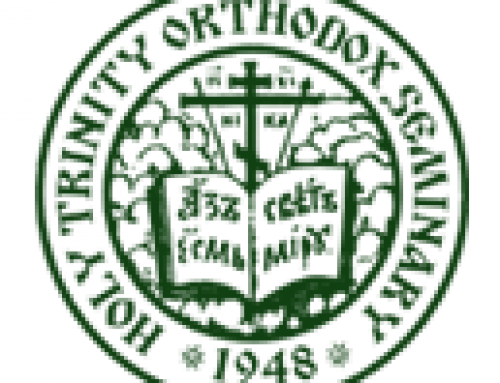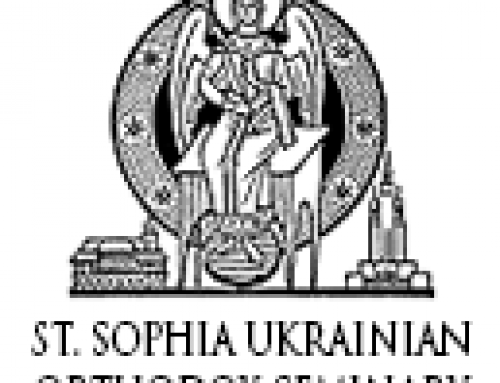This post was originally published on this site
In the name of the Father, and of the Son, and of the Holy Spirit.
“A sower went out to sow his seed,” speaks the Lord today in his Gospel, in a parable addressed to his disciples, to whom it has been given to know the mysteries of the kingdom of God – that means, to us as well. The Lord explains that the seed is the word of God and thus the sower is the Lord, the Word of God himself, spreading, proclaiming the word of his own Gospel, the word of eternal truth, the word of life, that God has so loved the world that he sent his only Son as the expiation for our sins. This is the Gospel of our God who is love (agape).
St John the Theologian in his epistle today explains the meaning of this word: God is love – it is not that we love God, not that we can have love which can suffice, which can merit God’s mercy toward us, for “we have done nothing good upon the earth.” No, it is God who loved us, God who sent his only Son, who spoke to us through his own Word – the Lord who was crucified for us, died for us, that we might live, not with the hope of this earthly life, but with the eternal life that is from him. And thus having received the revelation of this mystery, we boast in nothing but the cross of the Lord, we are crucified to the world and the world to us – for nothing should matter for us more than Christ, nothing should matter for us more than to be nourished by him, by the word of his abundant love. This word we receive in the holy scriptures, by this word or this “bread of love” who is Christ himself (as St Isaac the Syrian says) we are nourished in the divine eucharist that we are about to receive, so that the power may be given unto us to join our lives to the life of the Lord, to speak his word – not only by speaking but by doing it, by living the word of the Gospel that we hear, so that we also may become his eloquent word, so that we by his power may nourish the world which is impoverished, fallen, and hungry, starving for the hearing of the word of the Lord who created it.
And in the life of the Saint we celebrate today, holy righteous John of Kronstadt we see the example of the word of divine love proclaimed through a man wholly devoting his life to the service of Christ. A presbyter of the Church, a married priest, he served his church in Kronstadt for 53 years at the time when this city was a ‘garbage heap’ of the imperial capital nearby, a place where the beggars, drunkards, the hungry and lowlives were shoved away to be forgotten or at least unseen. St John came to them preaching the word of divine love, reminding them that they also are the children of God, reminding them that they are Christians, by giving them food, money, shelter, his own clothes, but most importantly – by calling his flock to the sacraments, to confession and the holy eucharist, since it is in the daily reception of the divine body and blood of Christ that St John saw the source of his strength to continue his service every day (e.g. he mentions one day hearing confessions of 243 people – and that was just a single day). From the start of his ministry, St John had hardly any private life, he abandoned his concerns for his well-being, including what we would call a ‘normal’ family life, in order to dedicate his life to the proclamation of Christ to the society that in his eyes was rapidly moving toward the brink of destruction. In his journal on October 16, 1908, he calls his contemporaries, saying: ‘Christians, what are you doing? Why are you sleeping? Arise, be vigilant, pray, repent, correct your life, do a good thing, ascend to heaven,” for the goal of Christianity that was before St John’s eyes is the restoration of the righteousness that the man has lost and the “deification of man.” In his private journals, St John was very open about his struggles, his own temptations and he is brutally honest with himself – but these journals also make evident his ardent love for God and his awareness that God has called him to be an instrument of his will, to do his work, to heal what is broken, to share the bread of divine love – Christ. Thus abandoning himself so that Christ may work through him, St John has become one of God’s words spoken eloquently and now having become silent in this world, he offers the never-silent glory to Christ in his kingdom and hears our prayers.
And through St John’s example God calls us to speak the word of his truth, the word of life, to those around us. It is easy to say the right thing or correct pious words (like “God help you”), but it is more difficult actually to help those in need, to open to the starving world the word of divine truth. And, it is even harder to live in a way that we would not even have the need to say anything – that the world may see the beauty of Christianity through us. May the prayers of St John of Kronstadt strengthen us on our daily struggle as we seek to walk on the path to the kingdom of God, seeking to be nourished by the word of his truth. Amen.
Homily delivered on St. John of Kronstadt Feast Day at Holy Trinity Monastery by Dr. Vitaly Permiakov. Dr. Vitaly received his Masters in Divinity from St. Vladimir’s Orthodox Seminary and his Ph.D from the University of Notre Dame. He teaches Liturgical Theology, Comparative Theology, and Dogmatic Theology at Holy Trinity Orthodox Seminary.




